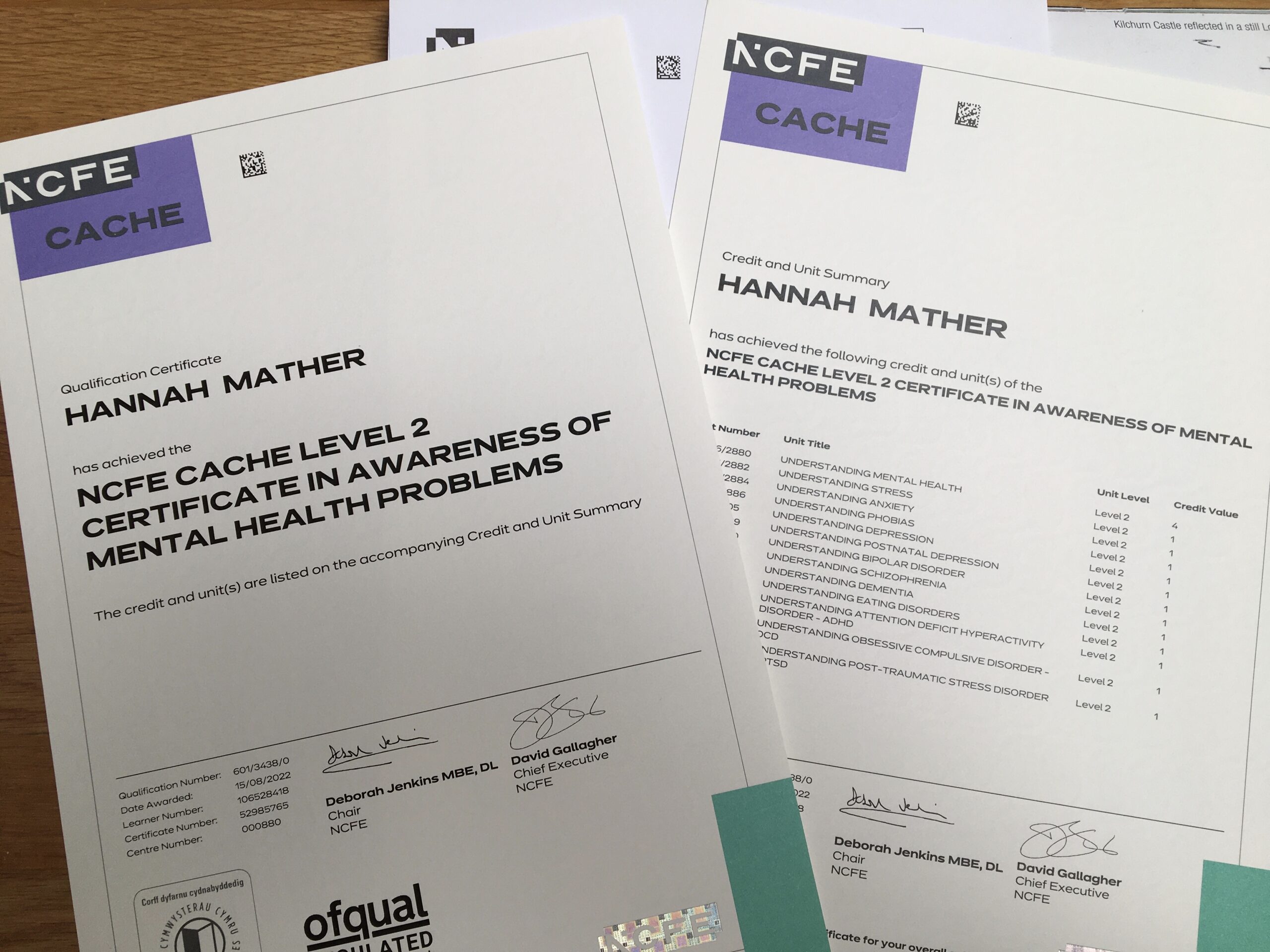Mental health is a vital part of professional health and well-being. When our working environments and practices support good mental health, we are better able to connect, function, cope, and thrive. When they don’t support good mental health, this can have a reverse impact.
For a comprehensive and valuable resource designed to inspire and inform better mental health for everyone everywhere, see the World Mental Health Report: transforming mental health for all, from the World Health Organisation (WHO), published 2022. The WHO have a lot of mental health and well-being resources and they are committed to transforming global understanding and practices in this area. Here’s how they define mental health:
Mental health: a state of mental well-being that enables people to cope with the stresses of life, to realise their abilities, to learn well and work well, and to contribute to their communities. Mental health is an integral component of health and well-being and is more than the absence of mental disorder. (WHO, 2022).
I gained some extra qualifications in this area recently to support my leadership, career, and team coaching work and I’m now a proud holder of an NCFE CACHE Level 2 Certificate in Awareness of Mental Health Problems.*

The course I did and others like it are currently government-funded in England and Scotland. I did mine by correspondence earlier this year through The Skills Network who connected me up with my local, North East Scotland College and a personal tutor (it was interesting being on the other side of this experience, having done a lot of personal tutoring myself!). It took me around four months dipping in and out at my own pace and fitting it in around my business and my coaching work.
I also know from personal experience the impact high pressured working environments can have on our health and well-being if we are not supported or are supporting ourselves in the right ways.
I already had a fair awareness in mental health issues from a variety of contexts including pastoral, church-related work, a year of counselling training, and the first four years of my career working for the NHS mental health services alongside psychiatric nurses and patients. I also know from personal experience the impact high pressured working environments can have on our health and well-being if we are not supported or are supporting ourselves in the right ways. During my final year of doctoral research I experienced a deterioration of my own mental health, suffering increased anxiety and stress. My own journey is a big part of why I’m so committed to working with professionals to help them think about and implement practices and career strategies that are nourishing and sustainable in the long-term. For them, but for the people and systems that surround them too. We do not live in isolation from those around us.
Organisations are communities of people and when the people thrive, so too the community.
Dr Tedros Adhanom Ghebreyesus, Director-General of the WHO said that “ultimately, there is no health without mental health.” Contextualising this statement to working life leads to a position that there is also no professional or organisational health without mental health. Organisations are communities of people and when the people thrive, so too the community. If this is true, the same must also be true in reverse: when the community truly thrives, those within it stand a much better chance of thriving too. This brings up a bigger question of what does it mean to truly “thrive” professionally and organisationally? Offering just a brief thought on this: perhaps thriving takes different shapes in different contexts but there are hallmarks that remain consistent, underpinning and thus identifying the thriving?
Leaving questions about what it means to truly thrive aside (for now), one thing that is clear, however, is that our mental health, and the mental health of those we work alongside, is quite simply, integral to vocational and institutional well-being.
* Experience is good but qualifications are important too. They help people to feel safe with us, and they keep us learning and accountable. As I understand it, the NCFA CACHE Level 2 is roughly the equivalent of a Scottish National 5 or a GCSE.
Photo credit: Tim Mossholder on Unsplash

